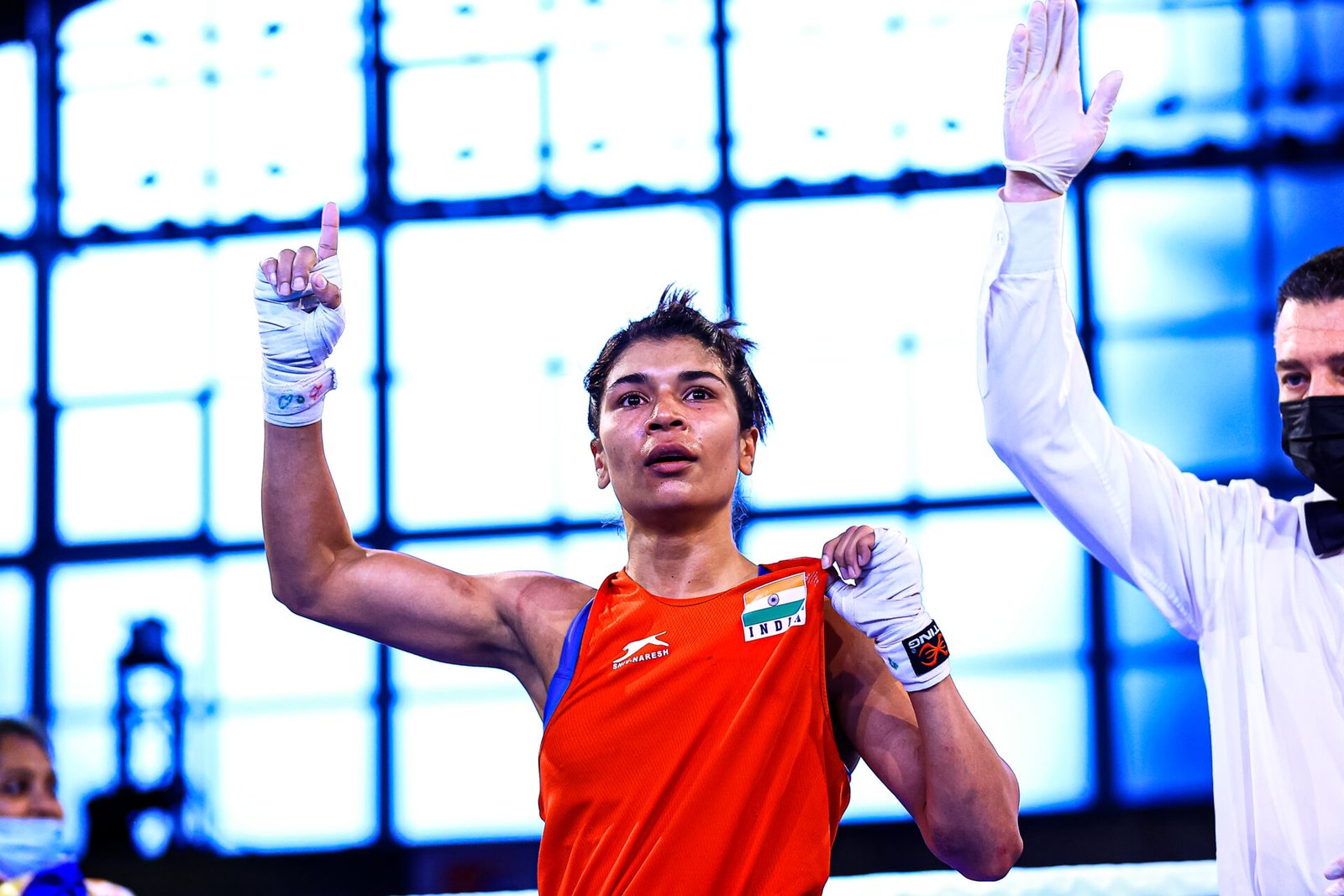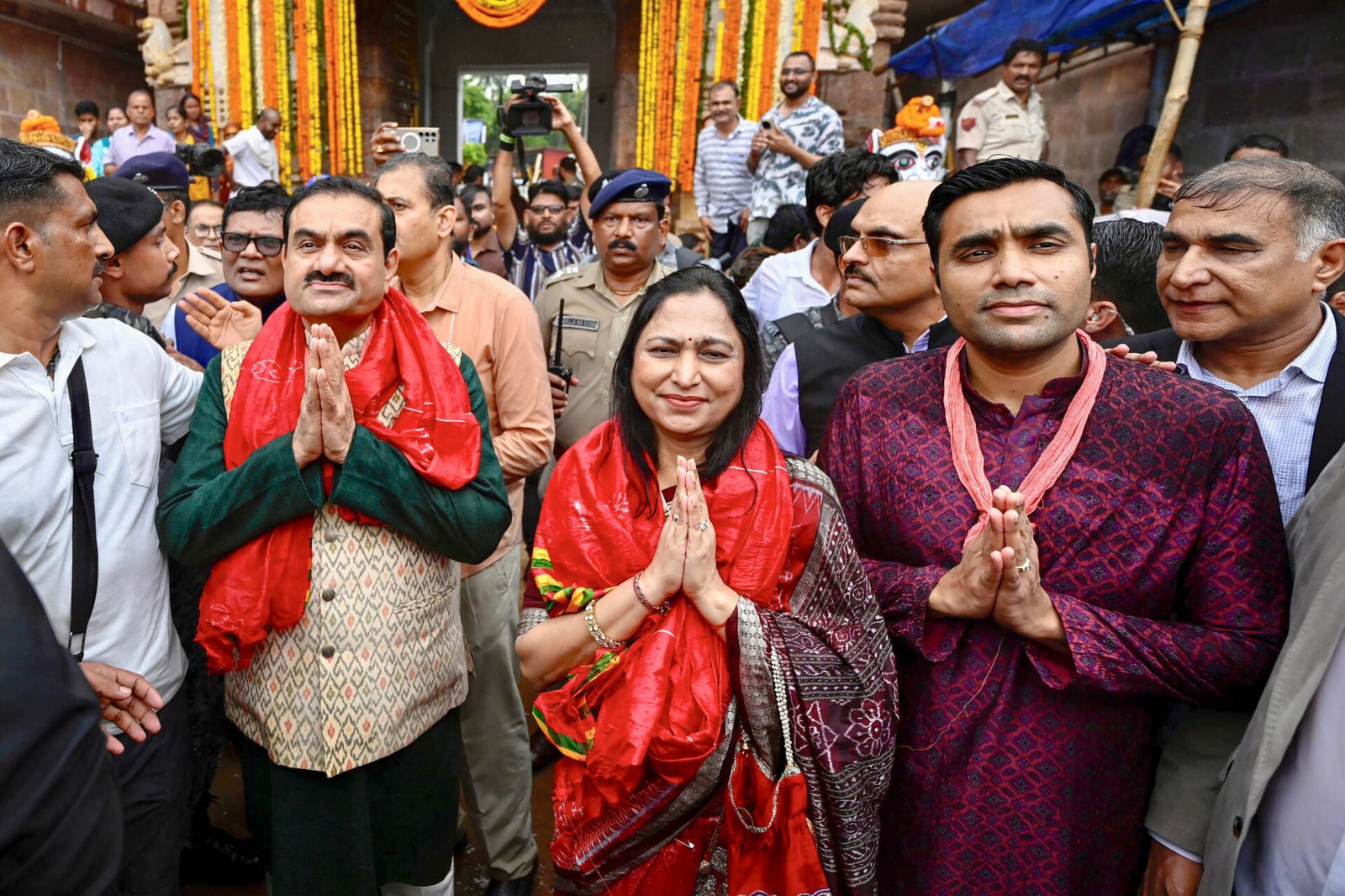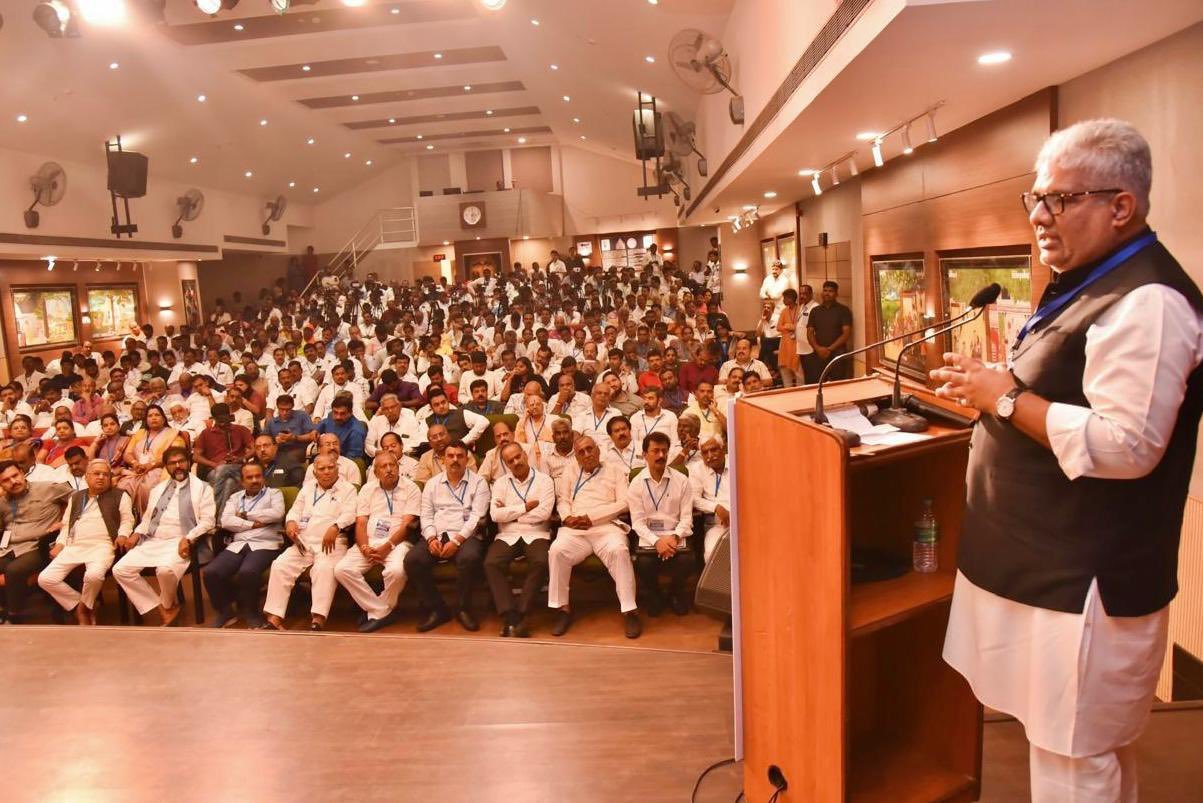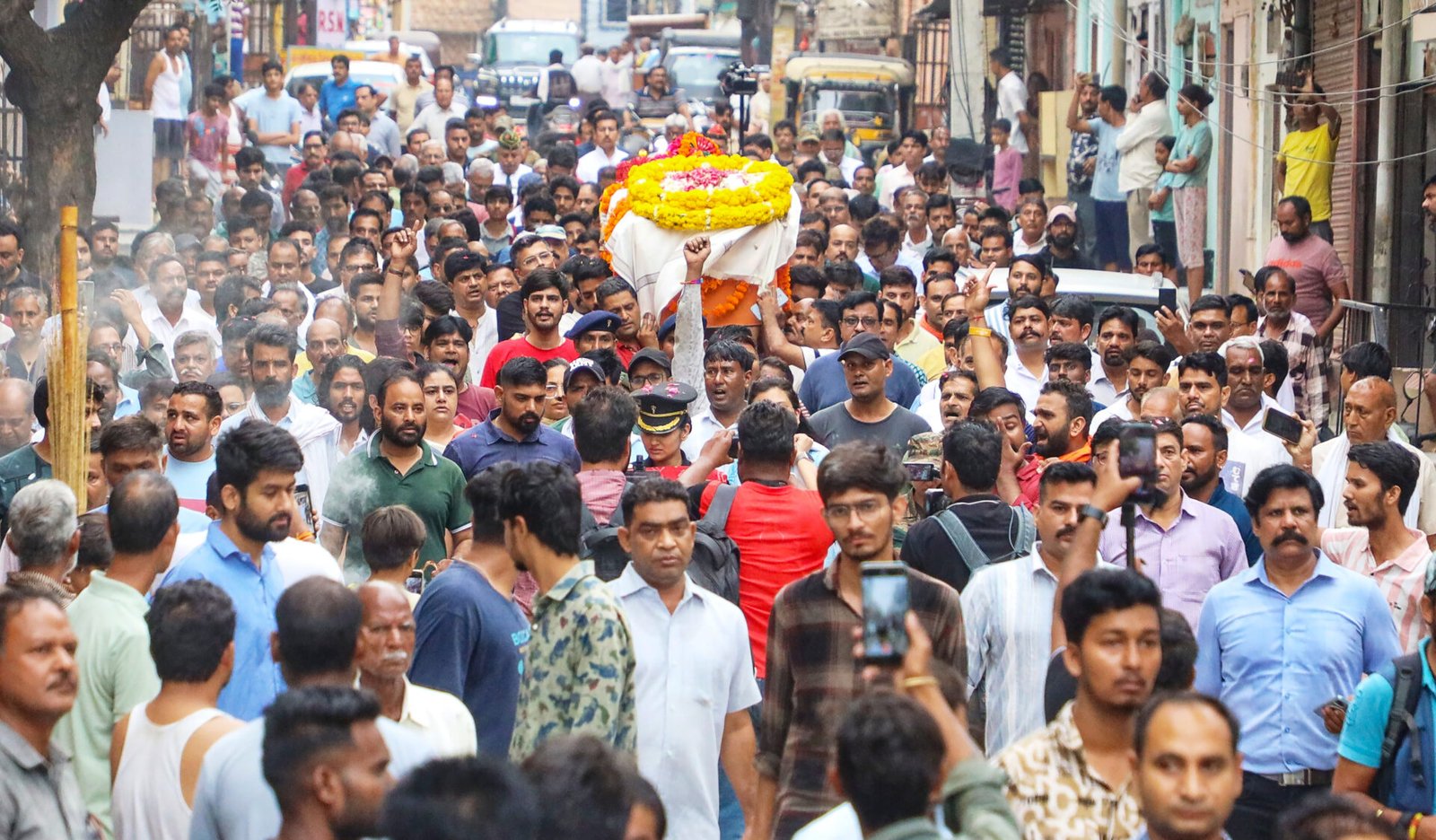
Hyderabad, 13th April 2024 : As the political landscape of Nizamabad gears up for the upcoming Lok Sabha elections, a noticeable absence looms over the region – the absence of the bitter rivalry between prominent political figures Arvind and Kavitha. The once-fiery electoral battleground, characterized by intense competition and fervent campaigning, now faces a void as the familiar adversaries appear to have taken a step back from the frontline of electoral politics.
The rivalry between Arvind, representing the Bharatiya Janata Party (BJP), and Kavitha, from the Telangana Rashtra Samithi (TRS), had been a defining feature of Nizamabad’s political narrative in previous election cycles. Their heated exchanges, spirited debates, and high-stakes contests captured the attention of both local constituents and national observers, turning Nizamabad into a microcosm of electoral fervor and intrigue.
However, the dynamics seem to have shifted leading up to the upcoming polls, with both Arvind and Kavitha noticeably less visible on the political forefront. Speculations abound regarding the reasons behind their reduced prominence, ranging from strategic recalibrations within their respective parties to personal considerations and evolving priorities.
The absence of the Arvind-Kavitha rivalry leaves political analysts and constituents alike pondering the implications for Nizamabad’s electoral landscape. Without the familiar clash of titans, the dynamics of the upcoming polls may undergo a significant transformation, with new contenders vying for attention and influence in the absence of the established heavyweights.
Moreover, the void left by the Arvind-Kavitha rivalry raises questions about the future trajectory of political discourse and representation in Nizamabad. Will emerging leaders step up to fill the vacuum left by their predecessors, or will the electoral arena witness a period of transition and uncertainty as it adjusts to the changing dynamics?
As Nizamabad prepares to chart its course in the upcoming Lok Sabha elections, the absence of the Arvind-Kavitha rivalry serves as a poignant reminder of the transient nature of political rivalries and the ever-evolving nature of democracy. While the familiar faces may have receded from the forefront, the spirit of electoral competition and civic engagement endures, shaping the contours of Nizamabad’s political identity in the years to come.








